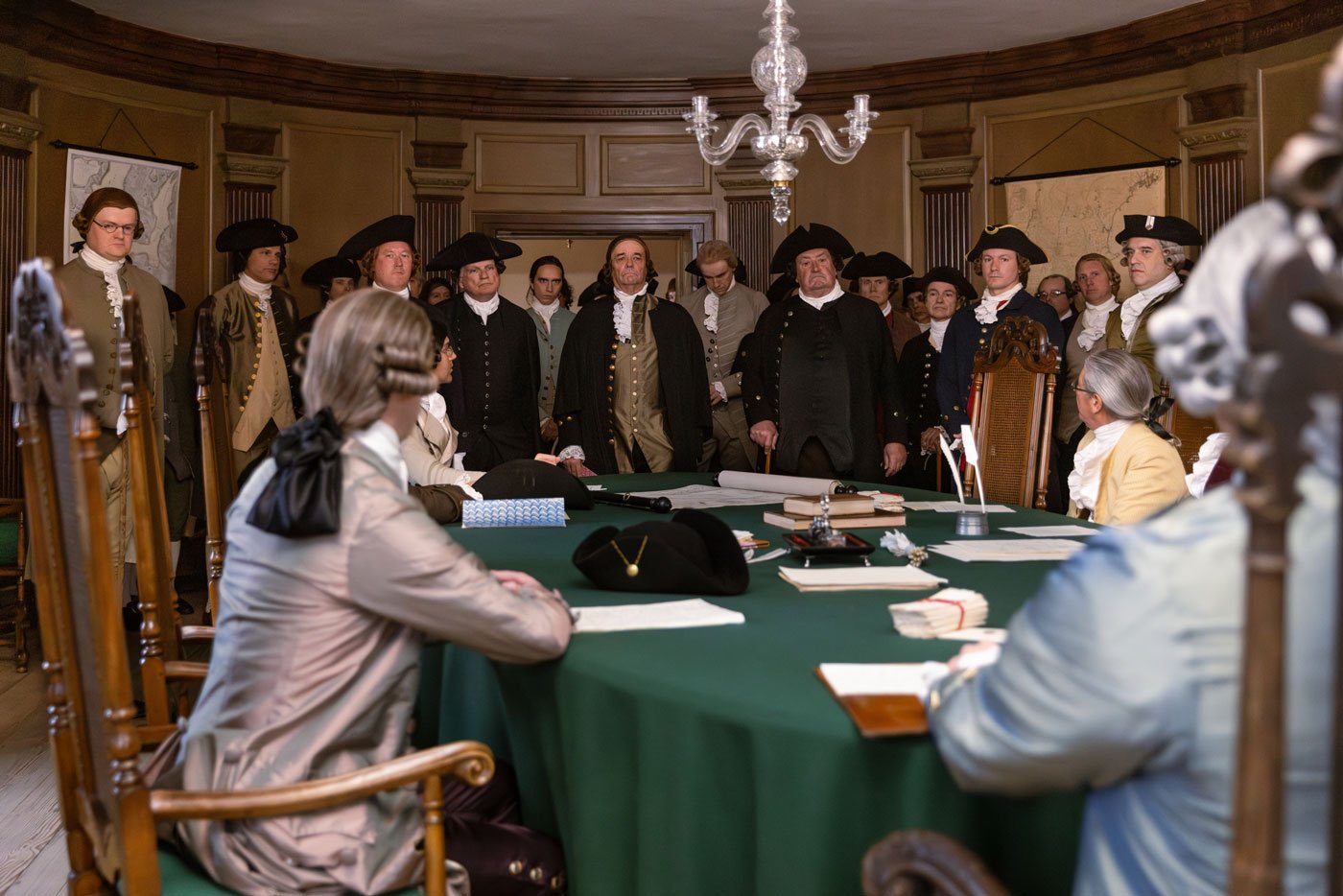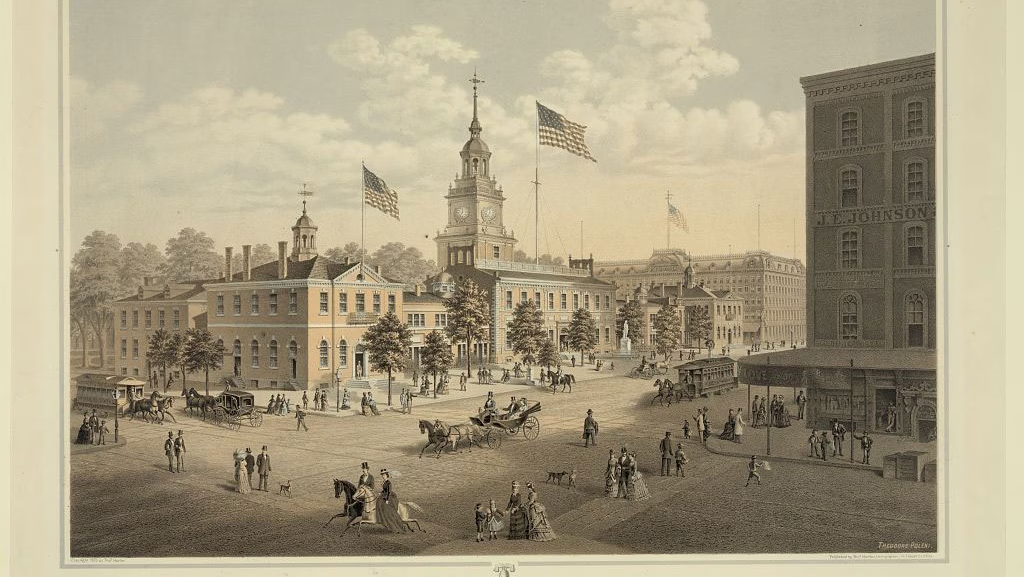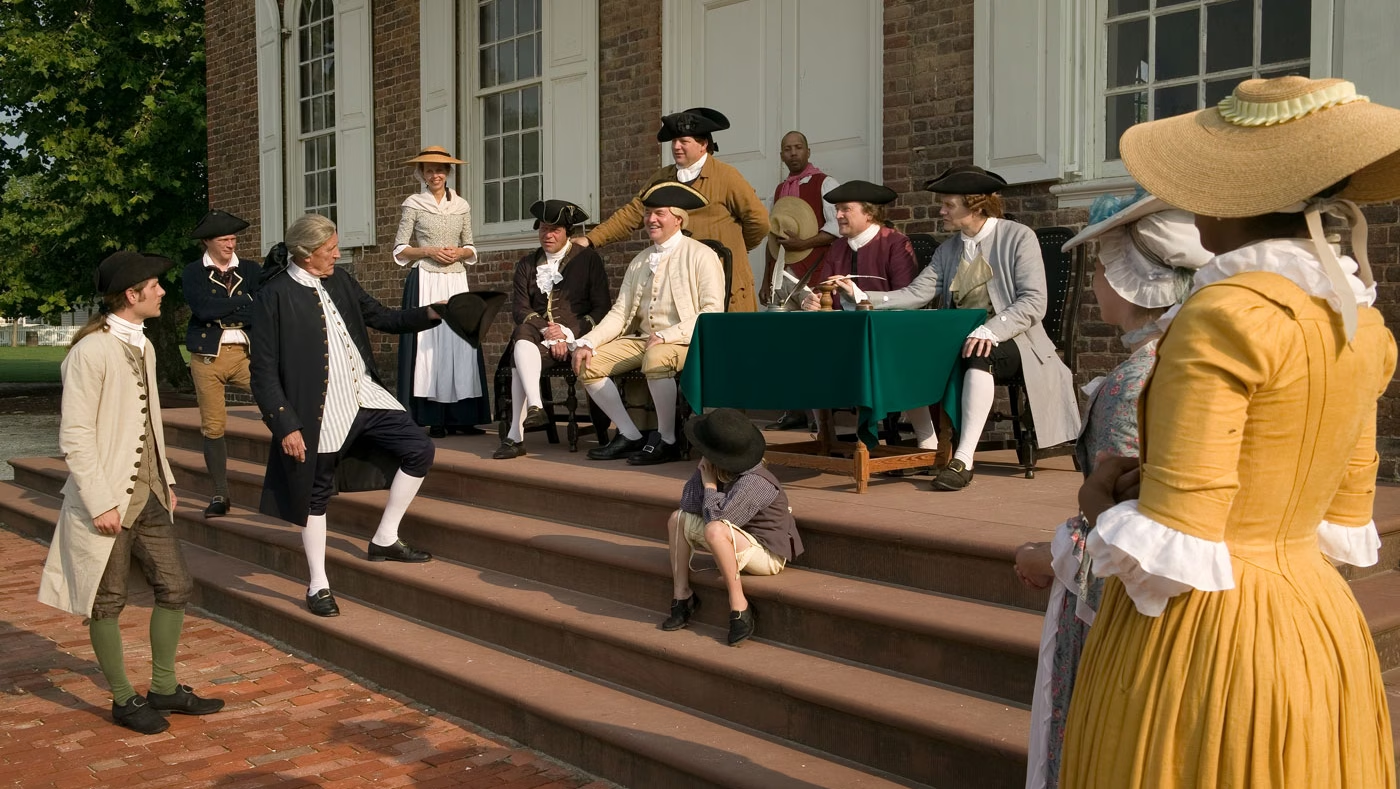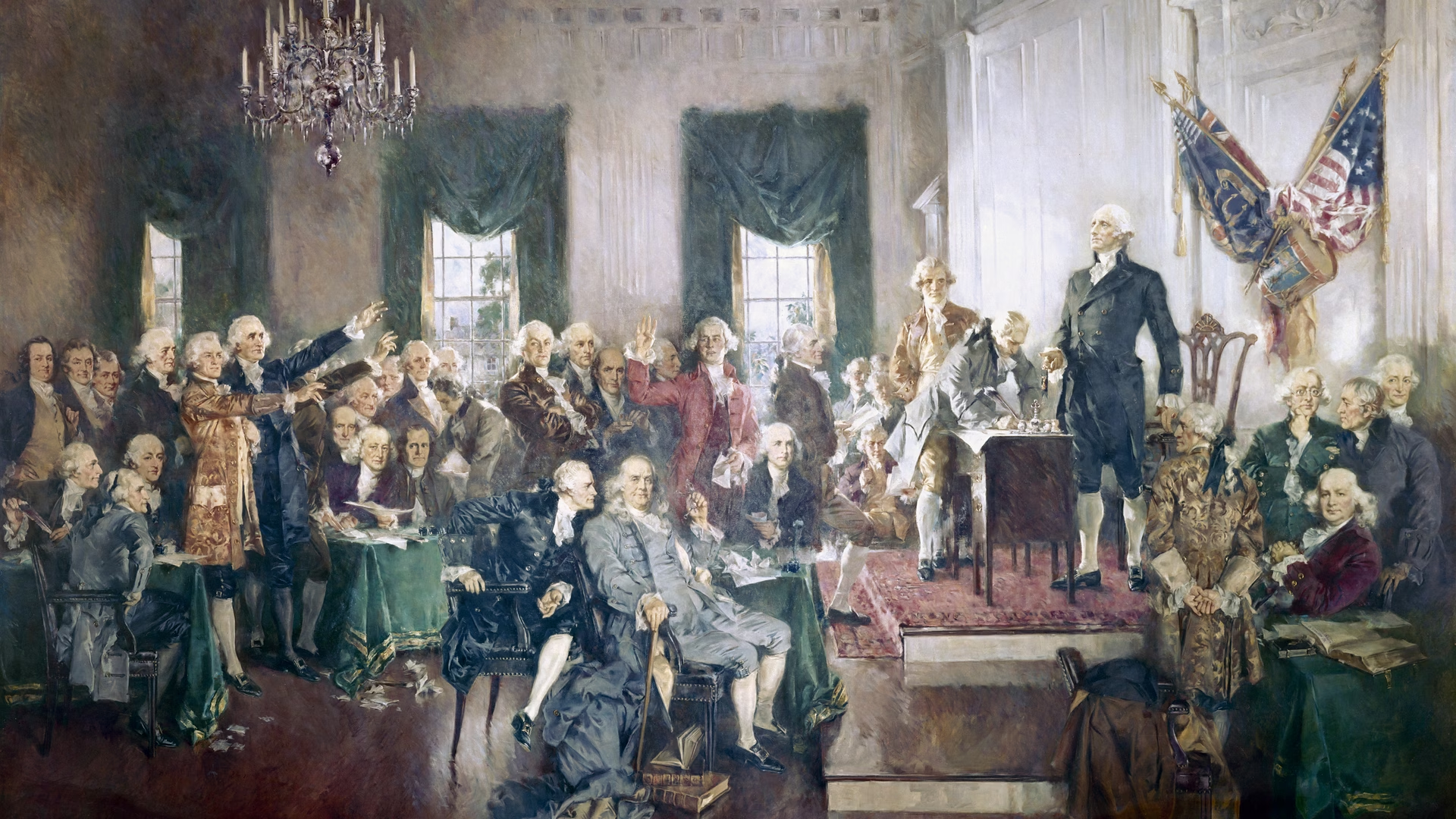
Civics
At the birth of the United States, no one knew what it meant to be an American citizen. What rights and responsibilities would they have as citizens? What role would ordinary people play in electoral politics?
Over time, America’s revolutionary generation worked out the answers to those questions. Their actions continue to define our present. Being a citizen of the United States in the twenty-first century means reckoning with the decisions made in the late eighteenth century. Learn more below about the origins of American self-government.
Electoral College?
Every four years, the Electoral College confuses millions of Americans. Learn more about why the Constitutional Convention created it.
The decision to create an Electoral College was never obvious. It was a compromise of compromises, a mishmash of solutions for an unsolvable set of problems. So why did they decide to create the Electoral College?
Watch & Learn
Discover how this unique system, which still shapes U.S. presidential elections, was born during the heated debates of 1787. Was it a smart compromise or a flawed strategy? The debate started centuries ago, and it’s still going strong today.
Who Voted in Early America?
Voting rights both expanded and shrank following the American Revolution. Learn more about the fluid nature of American voting rights.
Between American independence and the Civil War, the battle for voting rights happened at the state and local levels, which makes for a complicated story. But one trend is clear: over time, American voting laws shifted from economic to biological requirements.
Watch & Learn
Who had the right to vote in early America, and why does it matter today? Discover how the struggle for a voice in democracy shaped the nation - and why it's still so important.
Democracy or Republic?
Is democracy dangerous? America’s founding generation thought so. Learn more about how fears of democracy shaped the Constitution.
It was an impossible task. When the delegates to the Constitutional Convention assembled in Philadelphia in the summer of 1787, they saw political perils everywhere. A nation stretched across a continent risked disintegration. A democratic government, they feared, might dissolve into anarchy. A republican system, conversely, invited an aristocracy to rise.
Watch & Learn
What kind of government did the Founders create for the United States? And did they have the same definition of a democracy as we do today? Discover why our government is set up the way it is, how your voice shapes our government and why voting matters today.



